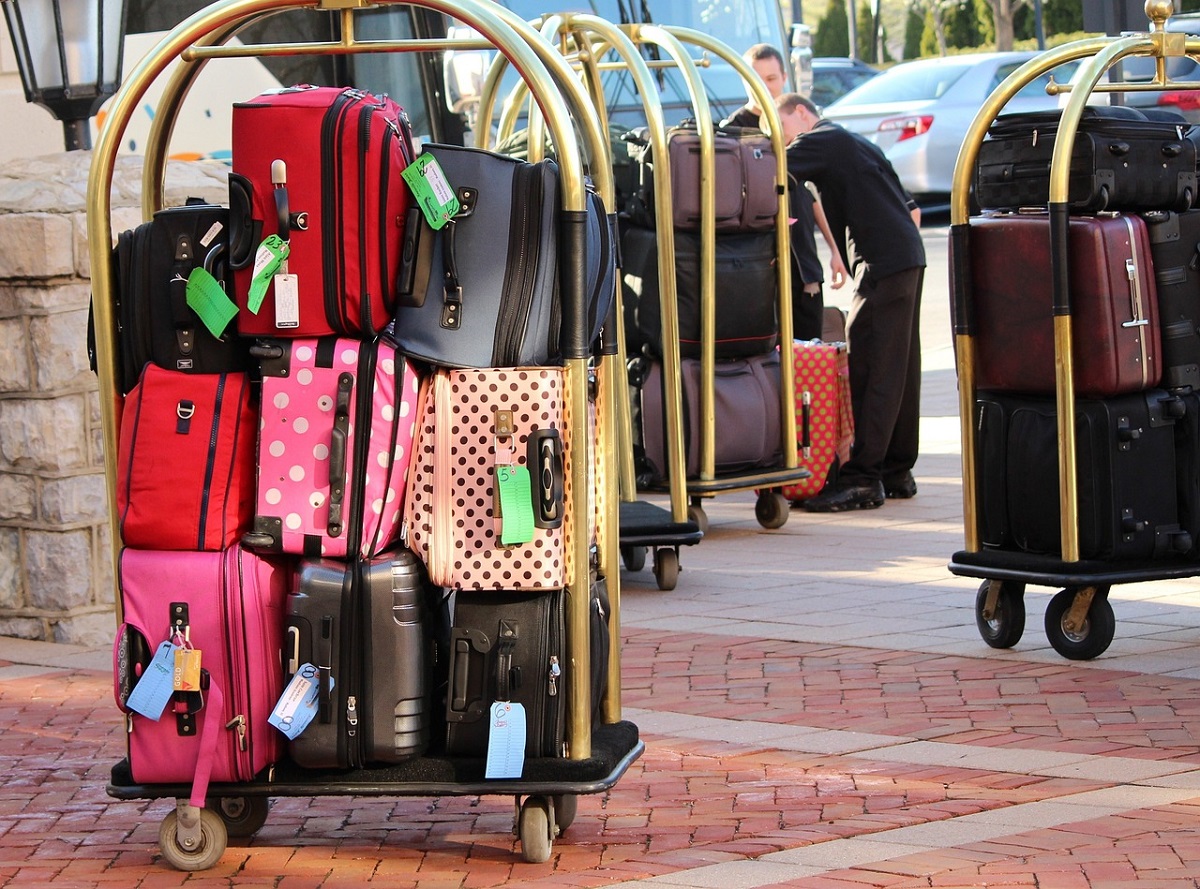When it comes to the Travel and tourism industry, technology has played an impactful role in how people plan and go for trips. Travel is increasingly shifting more towards experience, than just going from one place to another. If you look at the entire travel cycle — ‘Inspire’ > ‘Shop’ > ‘Book’ > ‘Pre-Trip’ > ‘On-Trip’ > ‘Post-Trip’, technology has been playing the major role in each phase and its impact keeps on increasing as the new generation continues to become more tech-savvy.
Starting from chatbots helping with ‘Search’, natural language processing (NLP) helping to ‘Shop’, machine learning (ML) changing the way we ‘Buy’, facial recognition changing the way we ‘Transit’, personalisation giving leaps and bounds to a traveller’s experience and AI-driven analytics improving travel services — the synergy of all these elements show that the presence of advanced technology is felt everywhere.
With the rising influence of travel bloggers, social media has become the research ground for a traveller. Also, travel and tourism have a wide range of related industries, e.g., hotel and lodging, food and beverage industry, transportation, the industry dealing with real estate, finance, leasing, and insurance. Allof this coexists in a well-knitted ecosystem and all of these have grown tremendously with technology over time.
Let’s look at a few modern technology trends that are impacting the travel industry significantly:
Travel apps: Just like any other industry, apps are making the traveller’s life easier. Transport booking, accommodation booking, navigation/geo-tracking services, social (trip reviews/messaging services/social feed etc.) and banking & payment Integration – all such facets of travel are at your fingertips, thanks to modern travel apps.
AI chatbots: Be it a booking process or faster customer service response time, AI chatbots help immensely with 24×7 customer support, multilingual support, personalised recommendations, immediate customer care response, and many more.
Voice tech: Voice search is on the rise to find and book airline tickets, hotel rooms, and travel experiences. On the other hand, integration of improved voice recognition into the travel agency business improves the whole customer lifecycle experience dramatically where an agent is able to interact with diverse and multi-cultural customers.
Contactless tech: As the handshake got replaced with the ‘Namaste’ due to the pandemic, the new world is becoming increasingly contactless. Be it check-in with biometric recognition or payment with cashless options, this technology has eliminated the need for travellers to physically put their hands on pretty much any publicly used surface.
AR and VR: Investment in augmented reality (AR) and virtual reality (VR) development has increased post-pandemic to increase bookings and provide more immersive experiences. Apps are being developed to help customers step into real-time versions of destinations that they want to visit and provide them with an enhanced travel experience.
Robotics: Just a few years ago, we were watching robots in sci-fi films, the other day when I arrived at Kempegowda Airport, Bengaluru, I saw robots moving around, helping passengers like a moving helpdesk and a personal assistant. Post-Covid, service robots in tourism are gaining momentum, but the economic aspects of robots’ adoption are still under scrutiny.
Internet of Things (IoT): As more and more devices are getting connected to the Internet and becoming smarter day by day, IoT devices are penetrating into the travel industry and revolutionising it. From allowing automated check-ins as well as check-outs to hotel rooms to smart baggage tracking with RFID in airlines, IoT is boosting smart tourism in all areas.
Artificial Intelligence (AI) and Big Data: AI and Big Data can potentially transform and enhance every aspect of travel significantly. Starting from demand and price forecasting, recommendation engines, guest profiling, resource planning, optimized customer support, and sentiment analysis in social media, AI & Big Data are used everywhere. Today’s customers expect hyper-personal experiences that are relevant and contextual, and AI is the solution for that.
Blockchain: Though in its initial stage, blockchain technology has started causing a major disruption in the travel space. The initial use cases that are being looked at currently are to decentralise the booking process, streamline the payments, simplify identity management, tracking and loyalty programmes, etc.
Cloud computing: In the current economic slowdown scenario, adoption of cloud solutions is a must for travel companies to avail on-demand computing services like storage, application, and servers to cut their operational cost while providing customers with a seamless travel experience leveraging a scalable, reliable, elastic environment and increasing the speed and agility of development.
These advancements have not happened overnight. The way people travel has changed over the years and as we progressed with technology, new and better ways of doing the same evolved incrementally. At the same time, our needs evolved, and technology-enabled methods to look at things are making our life easier. And I believe, it will continue to do so in future.
(The author is Director, Software Engineering, at technology solutions firm Sabre India)
Disclaimer: The opinions, beliefs, and views expressed by the various authors and forum participants on this website are personal.















